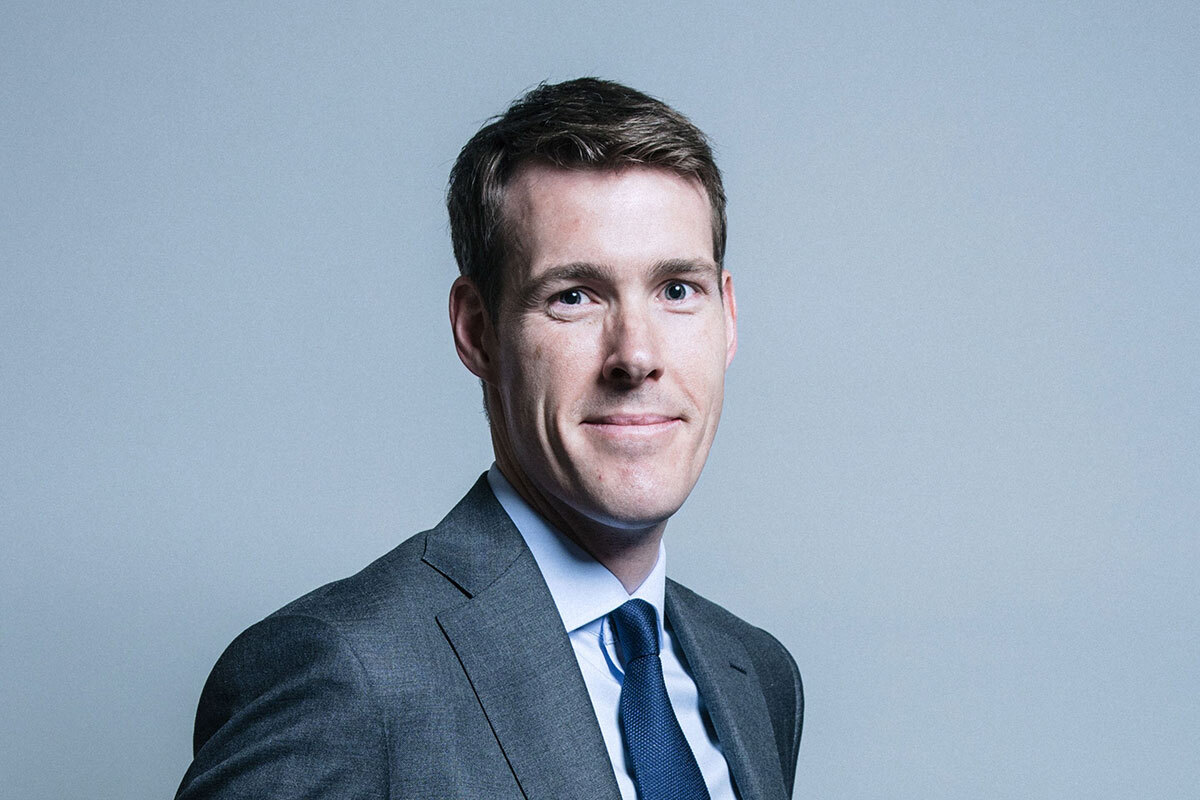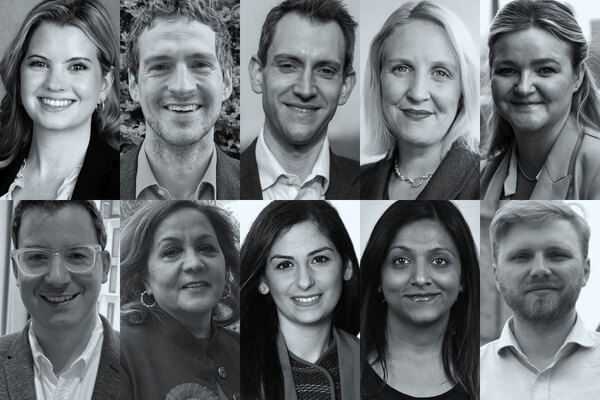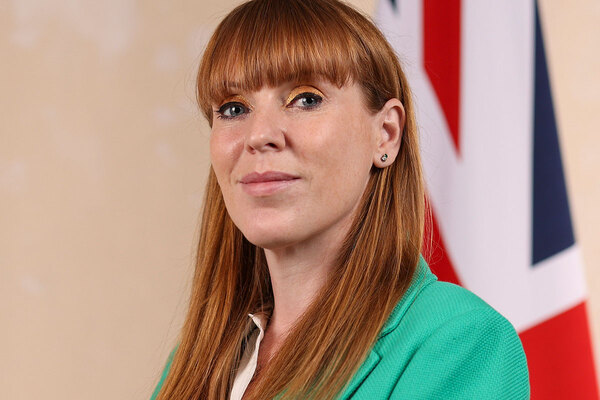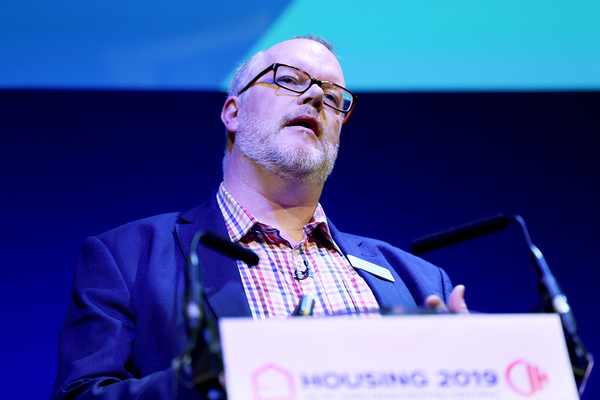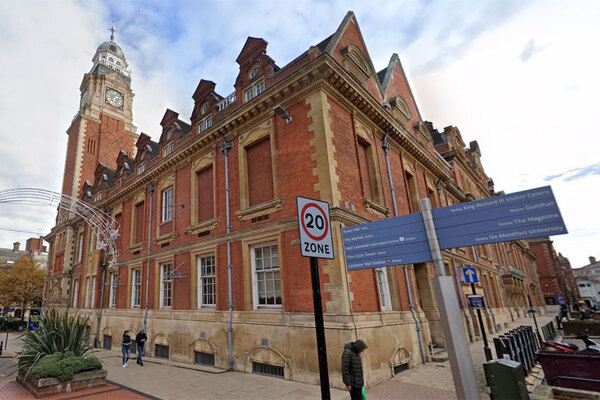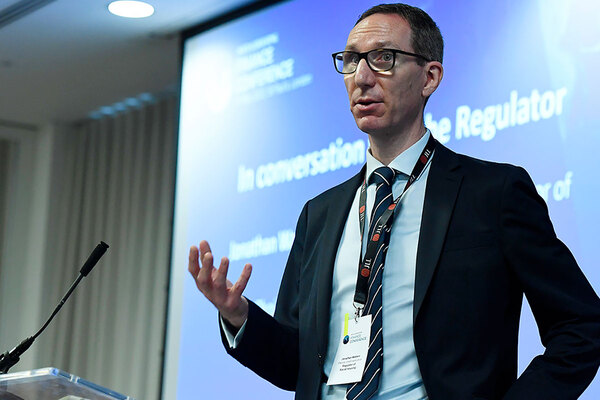Who is the new housing minister Matthew Pennycook?
Primary school governor, Climate Change Committee member, wealth distribution researcher. He seems to have done it all, but how will Matthew Pennycook wear this next hat? Alex Funk reports
The promise of change has been the driving force behind Labour’s momentous triumph. Sir Keir Starmer’s new government has unpacked its bags, and made some important immediate changes for the sector.
As all incumbent housing ministers lost their seats in the election, Matthew Pennycook has replaced Lee Rowley as the minister of state for housing, communities and local government and is the nation’s first Labour housing minister in 14 years.
The 41-year-old is widely considered to be a logical choice for the position, with more experience in the housing sector than his predecessors.
So, how did this former social justice volunteer earn a spot on Labour’s frontbench? And what changes will he and the new government look to bring about?
Background
Mr Pennycook was raised by his mother in south London, where he attended the local state schools. Although his upbringing is self-described as “ordinary”, his academic life was one of relentless success.
He is the first person in his family to go to university and part of a small minority of his high school cohort who went on to higher education.
Mr Pennycook graduated from LSE with a first-class degree in history and international relations and was awarded the CS MacTaggart Scholarship Prize for the best performance in any degree. He subsequently earned a scholarship to study an MPhil at Oxford.
After leaving university, Mr Pennycook built up a solid track record of charitable and voluntary work, championing social equity and welfare reform. He held various roles within changemaking organisations such as Child Poverty Action Group, the Fair Pay Network and the Resolution Foundation before serving on Greenwich Council between 2010 and 2015.
The new minister is no stranger to the housing sector and enjoyed a stint serving on Greenwich Housing Rights’ board of trustees.
In his most recent campaign for Greenwich and Woolwich MP, he wrote: “I have been lucky. But I know that any success I’ve had has been achieved despite our unequal society not because of it. That’s why I decided to join the Labour Party.
“I was determined to be a voice for those who do not have privileged access to power and be part of a movement dedicated to bringing about a fairer and more equal society than the one I grew up in.”
He is married to Joanna Otterburn, joint chief executive of the Law Commission, and the pair have two children.
Parliamentary career
Evidently, Mr Pennycook’s success has continued into his political career. Last week’s general election reinforced his popularity, and he was re-elected as MP for Greenwich and Woolwich by a healthy majority of votes for the fourth time running.
He stepped up as the area’s Labour Party candidate in 2013 and first secured the seat in the 2015 general election. From 2015 to 2016, he held his first housing position as private secretary to then-shadow housing minister John Healey, who is now the country’s defence secretary.
During the 2016 referendum, Mr Pennycook campaigned fervently for the UK to remain in the EU, maintaining the support of his constituency, where 64% of voters favoured EU membership.
Following a year-long stint as shadow minister for climate change in 2020, Labour’s December 2021 reshuffle saw Mr Pennycook step up to the role of shadow minister for housing and planning.
Views on housing
Mr Pennycook’s scrutiny of the Renters (Reform) Bill is one of his highest-profile housing contributions so far.
The most memorable of the several amendments he tabled would prevent landlords from selling for two years after the start of a tenancy.
When it was announced that the bill would not be passed before this year’s general election, Mr Pennycook accused the Conservatives of protecting vested interests.
He said: “Labour will turn the page on 14 years of Tory chaos, deliver where the Tories have failed and pass robust renters reform legislation that abolishes Section 21 no-fault evictions immediately and decisively levels the playing field between landlords and tenants.”
At the Labour Party Conference last October, Mr Pennycook spoke to Inside Housing about its Build Social campaign, which advocates the building of 90,000 homes for social rent over a 10-year period in England.
Labour’s headline plan is to build 1.5 million new homes in this parliamentary term, including on brownfield land, but it has pledged to increase delivery of homes for social rent too, and Mr Pennycook said he supported the aspiration of our campaign.
He said: “On social in the first year, we are going to direct the overwhelming proportion of grant funding under a Labour government towards social rented homes. In terms of the principle, they are the homes we need more than any others.”
Sign up for our daily newsletter
Already have an account? Click here to manage your newsletters
Recent longform articles by Alex Funk
Prince William marks one year of homelessness project
The Prince of Wales met with homelessness experts and advocates in south London to discuss the progress of his Homewards project. Alex Funk reports
Who is the new housing minister Matthew Pennycook?
Primary school governor, Climate Change Committee member, wealth distribution researcher. He seems to have done it all, but how will Matthew Pennycook wear this next hat? Alex Funk reports
